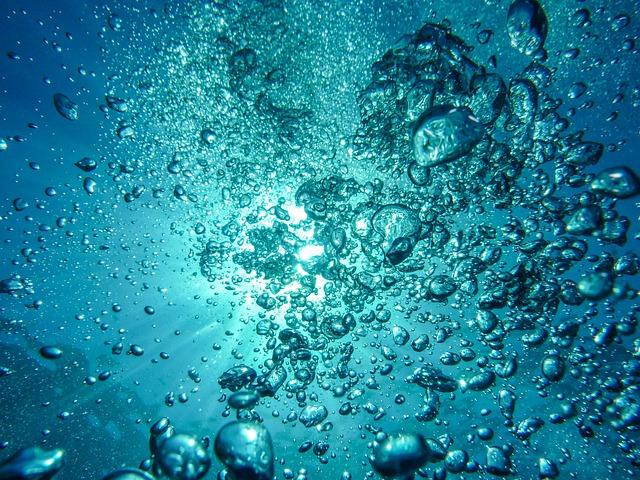Water, as one of Earth’s most precious resources, plays a vital role in supporting all life forms and various human activities. In this article, we will delve into the importance of water conservation and how it contributes to preserving this valuable resource, protecting ecosystems, and ensuring sustainable water management practices.
Ecological Balance and Freshwater Ecosystems
Water conservation is essential for maintaining ecological balance and preserving the health of freshwater ecosystems. Exploring rivers, lakes, wetlands, and aquifers, we will understand how reducing water consumption and implementing sustainable water management strategies can ensure the availability of water resources for both human and ecological needs.
Efficient Water Use in Agriculture
One key aspect of water conservation lies in promoting efficient water use in agriculture, which accounts for the largest share of global water consumption. We will explore precision irrigation techniques, such as drip irrigation and micro-sprinklers, and how they help minimize water wastage. Additionally, we will discuss the importance of crop selection and rotation based on local climatic conditions and water availability in promoting water conservation in agriculture.
Water-Efficient Practices in Urban Areas
In urban areas, promoting water-efficient practices is crucial for sustainable water management. We will discuss the impact of installing low-flow fixtures, such as water-saving toilets and faucets, and implementing water recycling systems in reducing water consumption in households and businesses. Furthermore, we will highlight the importance of public education and awareness campaigns in encouraging responsible water use behaviors and promoting the value of water conservation.
Protecting and Restoring Natural Water Systems
Preserving and restoring natural water systems is another crucial aspect of water conservation. We will explore the significance of wetland conservation, reforestation, and watershed management in maintaining the quality and quantity of freshwater resources. Additionally, we will learn how preserving riparian zones along rivers and streams helps prevent erosion, improve water quality, and provide habitats for various wildlife species.
Water Conservation and Energy Conservation
Water conservation intersects with energy conservation, as energy-intensive processes contribute to greenhouse gas emissions. We will discuss the indirect benefits of reducing water consumption, such as reducing energy use and associated carbon emissions. Moreover, we will explore how renewable energy sources, such as hydropower and solar energy, can be harnessed to power water treatment and distribution systems, contributing to overall sustainability.
Conclusion
In conclusion, water conservation is crucial for preserving Earth’s most precious resource and ensuring sustainable water management practices. By adopting efficient water use strategies, protecting freshwater ecosystems, and promoting responsible water use behaviors, we can safeguard water availability for future generations and protect the health of our planet. Embracing water conservation as a shared responsibility is essential for securing a sustainable and water-secure future.




